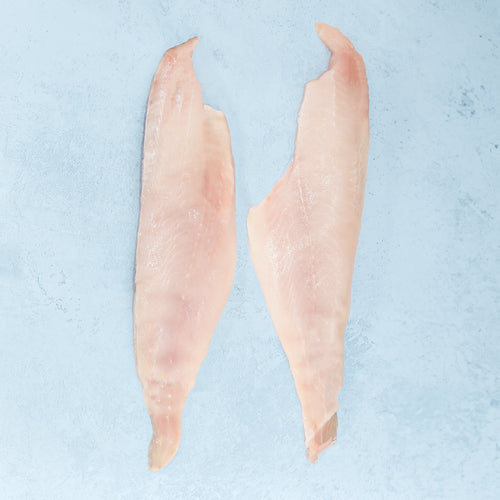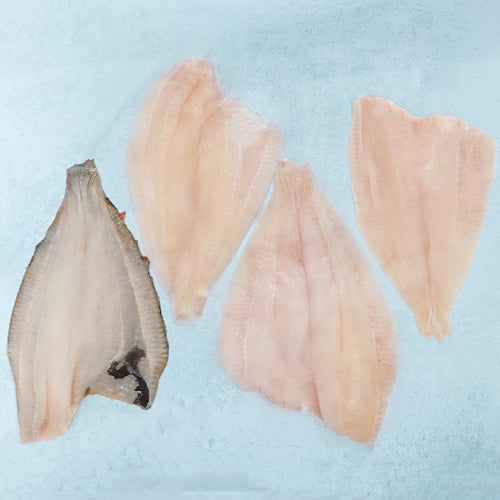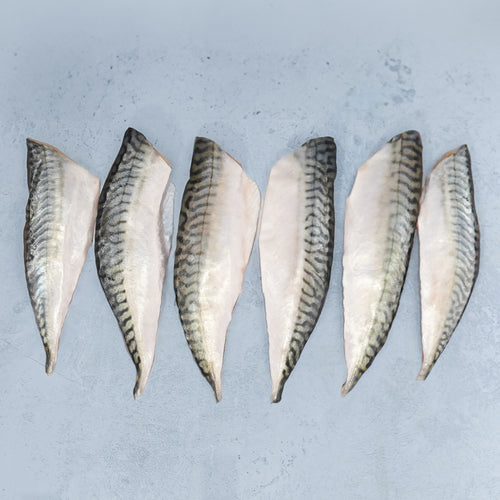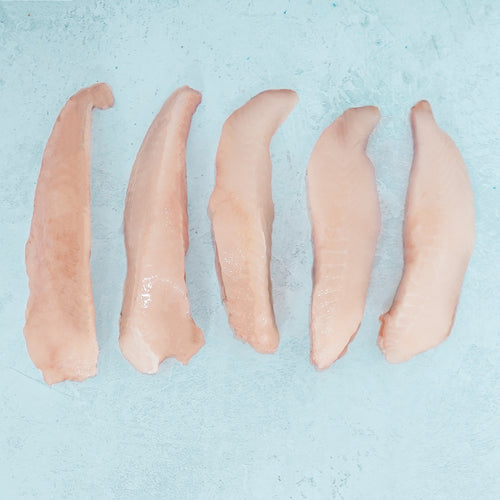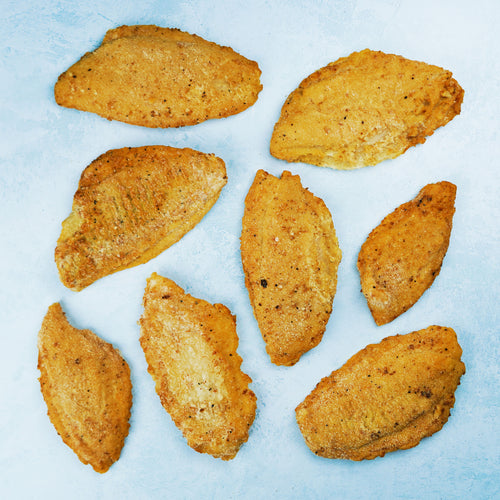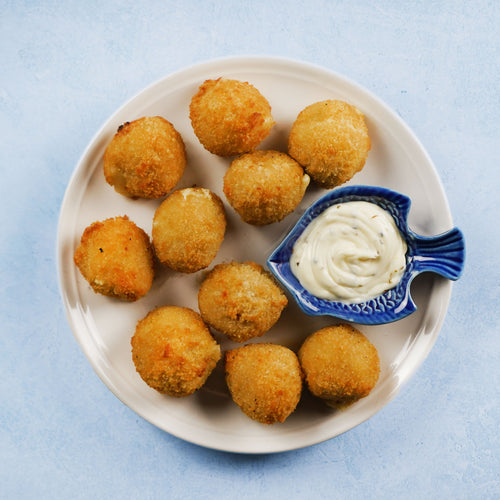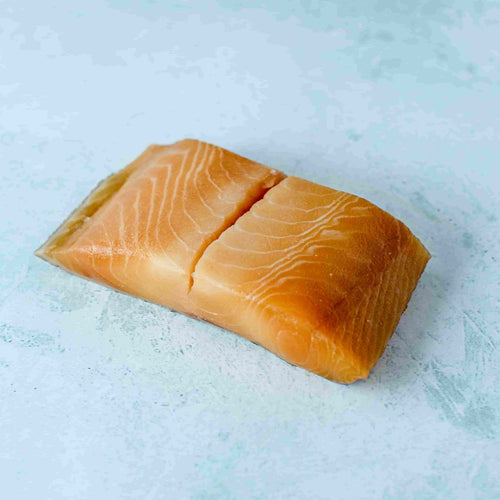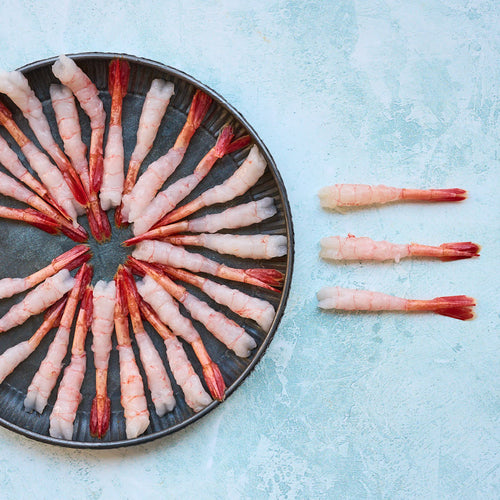The rise of land-based aquaculture - a sustainable future for fish farming?
Land-based fish farming has been around for a few years now, even though in the grand scheme of things it is still a relatively new concept. We’re very interested to see where this sector is heading and we are eager to see it develop. It’s a common misconception that farmed fish are not as good as wild. Once upon a time this may have been true, but no more, now farmed fish are just as good and sometimes better than wild caught fish. In our humble opinion, land-based farms are the sustainable future of the seafood industry. Of course it’s all well and good to say it’s the future, but what makes it so great? Well, let us tell you a couple things we’ve found out.

ENVIRONMENTAL IMPACT
This is the obvious place to start. The fishing industry has a huge ecological footprint, and land based farms have the potential to reduce that footprint dramatically. By bringing the fish onto land, there would be less need for harmful fishing boats damaging the ocean environment, less pressure on wild stocks, no chance of bycatch and more opportunity for those fragile marine ecosystems to bounce back, just to name a few positives.

LOW IMPACT SYSTEMS
There are loads of different designs for land based farms, but the one that seems to be the most popular is called RAS - Recirculating Aquaculture Systems. The RAS farms are capable of cleaning and reusing the wastewater produced by the fish, which is naturally, a huge benefit. It means the natural supply of water doesn’t have to be as significant. Any other waste produced can be used as fertilizer. All that’s required is a big open space that is relatively flat for the farms to be built on. Everything is isolated so there is very little risk to the surrounding environment.

FISH WELFARE
Now, we realise that when most people talk about sustainable fishing, they aren’t thinking about fish welfare, they’re mostly thinking of all the adorable whales, turtles and sharks. We get that, but the fish are important here too. Land based farms make it much less likely for fish to contract diseases or sea lice because they don’t come into contact with the surrounding marine environment. No diseases means no antibiotics! The lack of disease and the constant monitoring that is enabled by these farms ensure that the welfare of the fish increases. We do love a happy fish!

LOCATION
Another huge bonus is that if the farms are land-based, they can be put nearly anywhere in the world. Most people don’t think of the transportation that is required to get fish all over the world quickly. These farms could be built near landlocked communities, making fish more accessible to the entire world.

DRAWBACKS
It’s not all sunshine and rainbows though, while there are a lot of positives, there are some glaring negatives. Currently the sector suffers from mass mortalities. Those of you with aquariums or fish tanks at home will know, if one fish gets sick, they quickly spread it to all their little fishy friends. An RAS system is no different, once one fish gets ill, all the others soon follow suit. Some very clever scientists are trying to tackle this problem by finding a way to closely monitor the fish through cameras that will show any behavioural changes that could be an early indicator of disease. A European based project called DigiRAS has been launched to address some of these challenges.
So while mass mortalities are currently one of the sector’s biggest issues, another is simply lack of knowledge. It’s all relatively new so they don’t have decades worth of information at hand to try and predict what the future will look like. The idea is that it is the long term solution to our sustainability problem, but who knows if that is actually going to be the case. Only time will tell. With Norway, Germany and Denmark all very much jumping on board, you can expect to see some dramatic improvements over the next few years.
Enjoyed this Article? Join our mailing list to get this delivered directly to your inbox.
New in
Find exactly what you want. We sell 200 kinds of fish - way more than anyone else.
SHOP NEW IN










